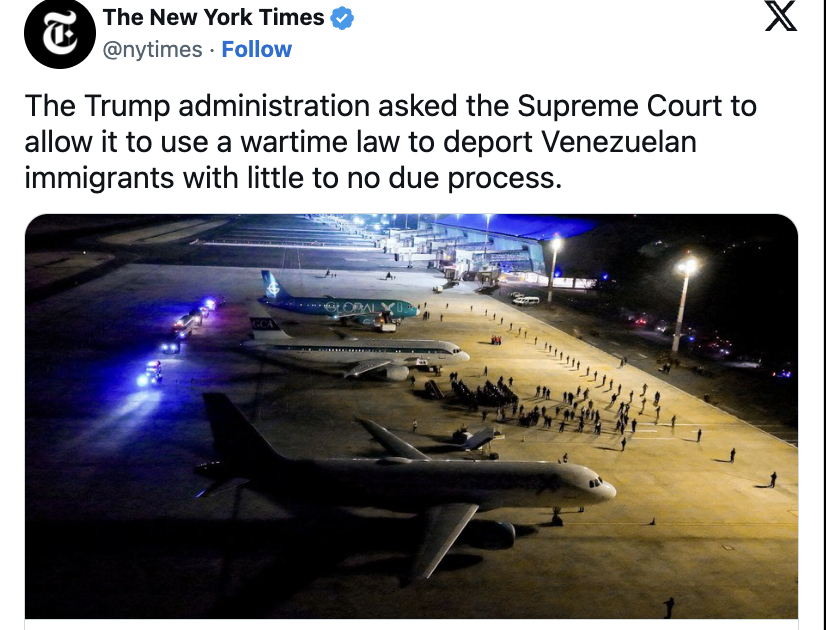
India’s “pushback” policy of forcing across the border individuals claimed to be undocumented migrants violates both domestic and international law, experts say.
Since India launched Operation Sindoor against Pakistan on May 7, it has “pushed” more than 2,000 people into Bangladesh, The Indian Express reported. At least 40 members of the Rohingya community have been deported to Myanmar even though many of them had cards issued by the United Nations High Commissioner for Refugees.
The legality of the “pushback” policy has been debated both in India and internationally.
But at home, the Supreme Court has not stopped the deportation of Rohingya refugees despite challenges to such actions pending since 2017. Internationally, there is unlikely to be pressure on India from other nations to stop this strategy since many Western nations also employ similar practices, experts say.
“The problem is that most of Europe and the United States are engaged in this,” said Ravi Nair, executive director of the South Asia Human Rights Documentation Centre. “So, who is going to bell the cat and say this is wrong when everybody is doing it?”
Human rights lawyer and writer Nandita Haksar agreed. “The Western states that are so vociferous in taking up human rights” also push refugees back from their shores, she said. “Therefore, it would be difficult for the Western states to raise the issue of refugee rights with India.”
Assam’s claim
The most enthusiastic champion of this policy has been Assam Chief Minister Himanta Biswa Sarma, who said on Monday that his border state had been responsible for “pushing back” more than 303 people believed to be Bangladeshi. This has been done under the Immigrants (Expulsion from Assam) Act, 1950, he said. This was the first time Sarma cited a legal justification for “pushbacks” that the state government has been carrying out since May.
As Scroll has reported, at least three of the 14 who were allegedly “pushed out” of Assam on May 27 were later brought home. They had been deported on the basis of decisions by the state’s foreigners tribunals. But the Supreme Court had stayed the decisions of the tribunals in the case of at least two of these individuals as their appeals are pending. The pushback policy violates India’s own constitutional guarantees and established legal procedures for deportation, experts said.
This story was originally published in scroll.in. Read the full story here.






